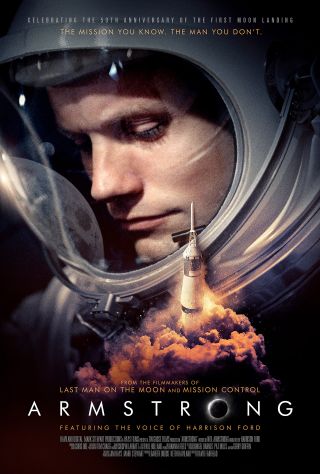

When performing live, audiences dislike his strange anti-humor and demand that he perform as Latka. Kaufman's profile increases with appearances on Saturday Night Live, but he has problems with his newfound fame. Clifton is a "villain character" created by Kaufman and his creative partner, Bob Zmuda. But backstage, when he meets Shapiro in person, Clifton takes off his sunglasses and reveals that he is actually Kaufman. Clifton's bad attitude is matched by his horrible appearance and demeanor. Invited to catch a different act at a nightclub, Shapiro witnesses a performance by a rude, loud-mouthed lounge singer, Tony Clifton, whom Kaufman wants to guest-star on Taxi.

Secretly he hates doing the show and expresses a desire to quit. Because of the money, visibility, and a promise that he can do his own television special, Kaufman accepts the role, turning his foreign man into a mechanic named Latka Gravas. Kaufman catches the eye of talent agent George Shapiro, who signs him as a client and immediately lands him a network television series, Taxi, much to Kaufman's dismay, since he dislikes sitcoms. The audience bursts into applause, realizing Kaufman had tricked them.

As the audience begins to believe that Kaufman may have no real talent, his previously timid "foreign man" character puts on a rhinestone jacket and does a dead-on Elvis impersonation. The documentary Jim & Andy: The Great Beyond was released in 2017 and chronicles Carrey's performance as Kaufman in the film, a performance he maintained during much of the film's production.Īndy Kaufman is a struggling performer whose act fails in nightclubs because, while the audience wants comedy, he sings children's songs and refuses to tell conventional jokes. His win was in the Musical or Comedy category. Although the film was unsuccessful commercially and received mixed reviews, Carrey received critical acclaim for his performance and won a Golden Globe, his second in a row after his award for The Truman Show. It was released on December 22, 1999, in the United States and May 5, 2000, in the United Kingdom by Universal Pictures and Warner Bros. The film pays particular attention to the various inside jokes, scams, put-ons, and happenings for which Kaufman was famous, most significantly his long-running "feud" with wrestler Jerry "The King" Lawler and his portrayal of the character of bawdy lounge singer Tony Clifton. The story traces Kaufman's steps from childhood through the comedy clubs and television appearances that made him famous, including his memorable appearances on Saturday Night Live, Late Night with David Letterman, Fridays, and his role as Latka Gravas on the sitcom Taxi, which was popular among viewers but disruptive for Kaufman's co-stars. The film was directed by Miloš Forman and also features Danny DeVito, Courtney Love, and Paul Giamatti. Even so, when asked if it was worth it, you can guess Cernan’s response.Man on the Moon is a 1999 biographical comedy-drama film about the late American entertainer Andy Kaufman, starring Jim Carrey as Kaufman. It’s easy to fall into cliché and get highfalutin when it comes to Apollo this excellent film brings a rare dose of clarity over its impact on the people involved. He’s also frank about how the relentless monomania required to essentially ride a bomb into space didn’t exactly make for a stable family life: his marriage collapsed, and his relationship with his daughter was far from easy. The deaths of the Apollo 1 astronauts on the launchpad are well-known, but he ruefully points out it took the 1966 deaths of two Project Gemini astronauts in a plane crash to bump him (and others) up the roster. The Last Man On The Moon distinguishes itself by focusing not on the procedural ( For All Mankind is definitive for that) or a survey of the impact of the experience on the Apollo astronauts’ lives (check out In The Shadow Of The Moon), but by digging deep into Cernan’s life and examining the meeting between the titanic quest of actually going to the moon and more domestic, earthbound concerns, it finds a fresh approach.Īcross extensive interviews, Cernan is frank about the human cost of NASA’s frenetic drive to the moon. The tricky part in evaluating Apollo docs, though, is that the material is so inherently awesome (in the proper sense of the word) that your average nine-year-old with iMovie on their phone could make something cracking out of the footage available. The monomania required to ride a bomb into space didn’t exactly make for a stable family life.


 0 kommentar(er)
0 kommentar(er)
